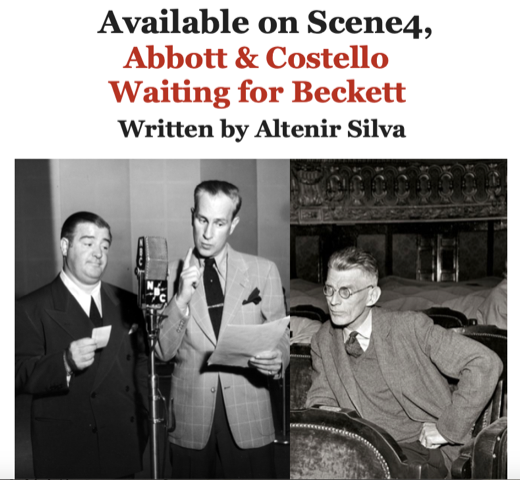|
One of my favorite e-mail correspondents is Bill Lucey, a journalist and baseball fanatic in Cleveland. (We have never met.) Occasionally, Lucey writes a blog, but he goes beyond the stereotype of the guy-in-underwear-slapping-together-a-pronunciamento. He actually contacts experts for their opinions. The gall of him, working at his blog. His latest is a very well-written look at the acceptance of the word "irregardless" by an alleged authority in grammar. He writes about other innovations, including one taking place in Major League Baseball is this very shaky season. Ladies and gentlemen, readers of all ages, please open the following link and read Bill Lucey's erudite essay on the dumbing down of grammar: https://www.dailynewsgems.com/2020/08/due-to-popular-use-irregardless-now-a-word.html?fbclid=IwAR3KVy2cU0t54EnHZ1QlNKmzxe18NmFLXNpRytg6-2FnSrmFtEFqoGPLC90 * * * *- My little joke. One of my pet peeves is the misuse of the word "hopefully," particularly by sports broadcasters, but also by many people who speak in public. * * * And while you're at it, check out this site for very short plays. This one is by my friend Altenir Silva, from Rio and Lisbon, Yankee fan, writer in English, frequent presence on this site. He has written a shortie about Godot, as performed by Abbot and Costello. Honest. Of course, it has allusions to baseball. I told you, he's a Yankee fan. The link: https://www.scene4.com/0820/altenirsilva0820.html
Marty Appel
8/2/2020 09:10:51 pm
My pet peeve is using “the late” when referring to something done by someone who is now departed. He wasn’t “the late” when the moment happened! The Emancipation Proclamation wasn’t written by the late Abe Lincoln.
bruce picken
8/3/2020 04:39:30 pm
marty,
bruce picken
8/3/2020 01:25:23 am
george,
Altenir Silva
8/3/2020 11:52:34 am
Dear George, 8/3/2020 03:06:21 pm
Altenir- 8/3/2020 02:51:07 pm
I am a world class incompetent when it came to English in high school and throughout life. One of the few things that I knew with confidence was that "irregardless" was not to be used.
Altenir Silva
8/3/2020 03:49:33 pm
Dear Alan,
bruce picken
8/3/2020 04:43:59 pm
alan, 8/3/2020 04:18:33 pm
Every semester, I am hopeful that the knuckleheads learn something form this link....
George Vecsey
8/3/2020 07:11:45 pm
What a great chain of responses to the pairing of good work by two e-friends
bruce picken
8/3/2020 08:35:27 pm
george,
Randolph
8/3/2020 08:44:53 pm
George and all of you witty fellows,
Andy Tansey
8/6/2020 09:53:59 pm
My law partner bought me a "Grammar Police" T-shirt, which I have put on as a put-on at the office on occasion. Comments are closed.
|
Categories
All
|











